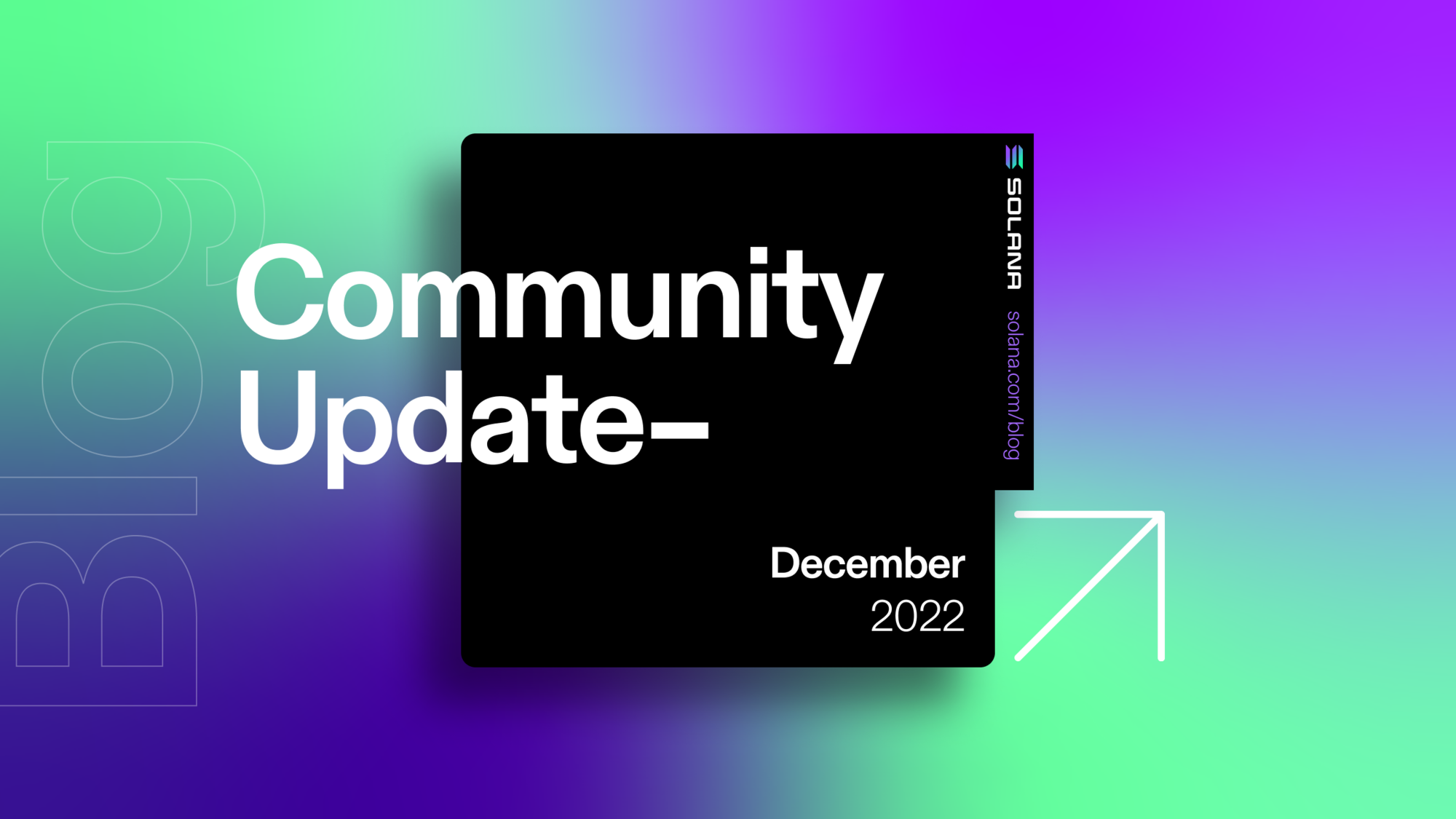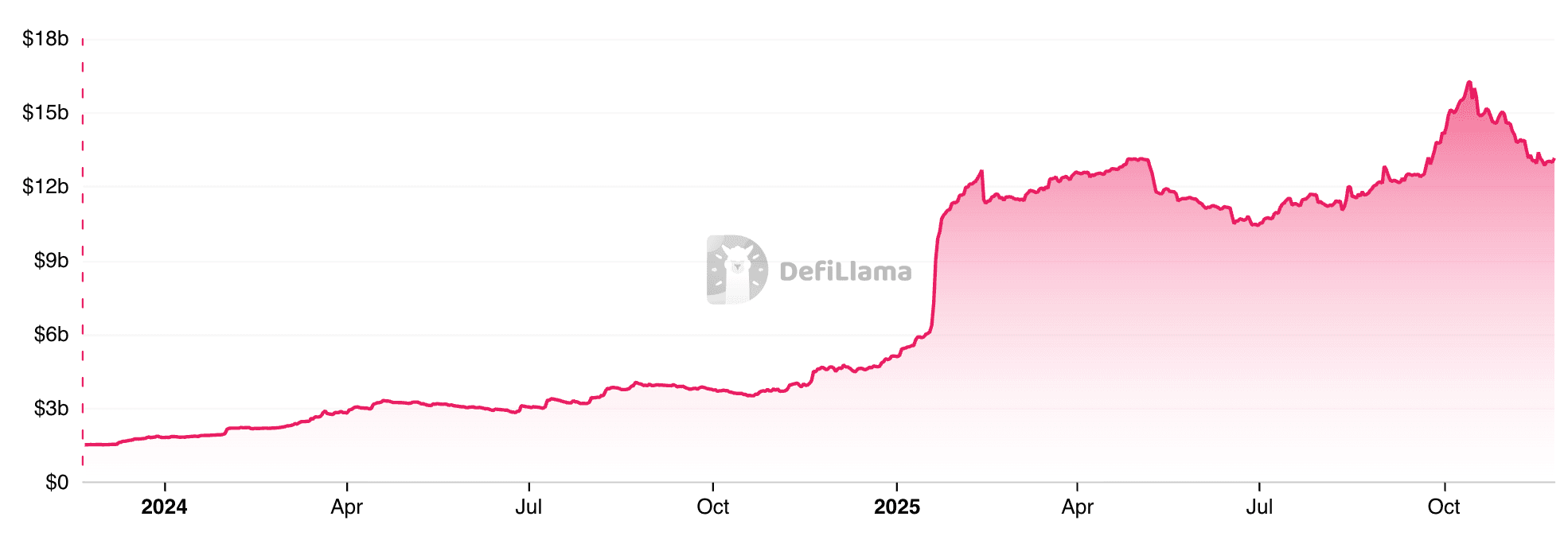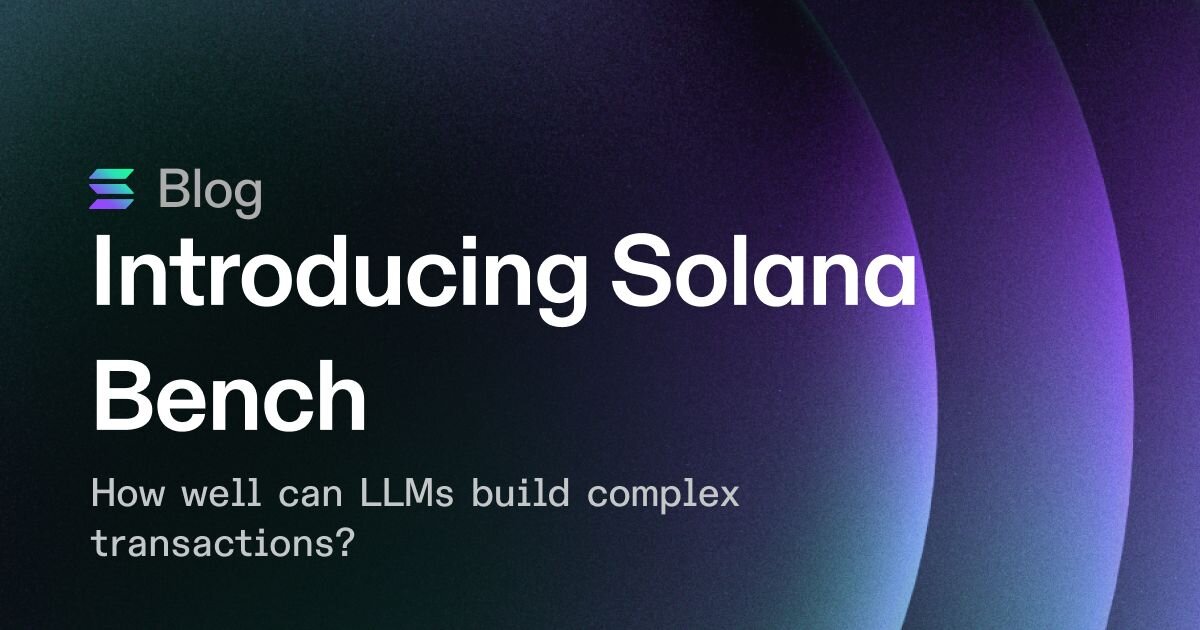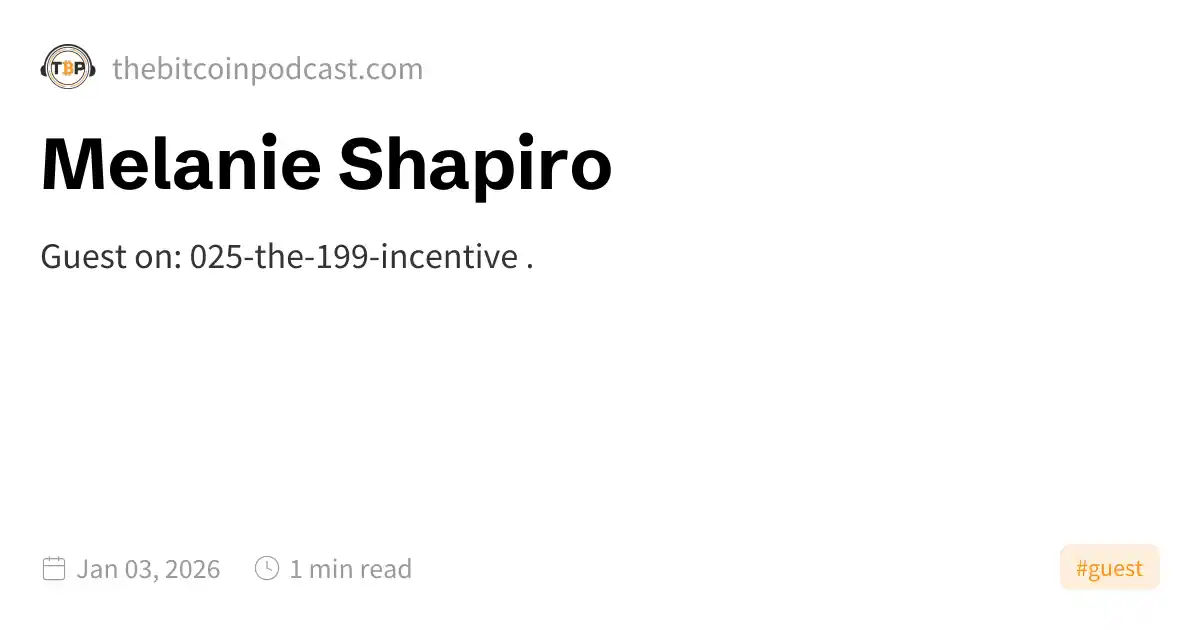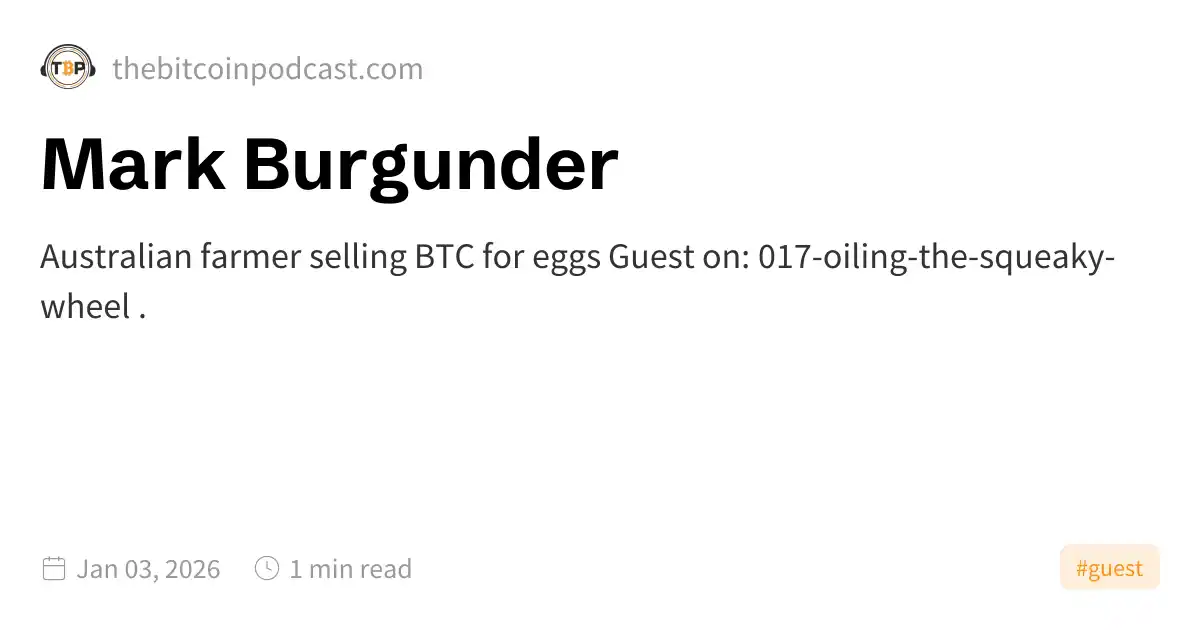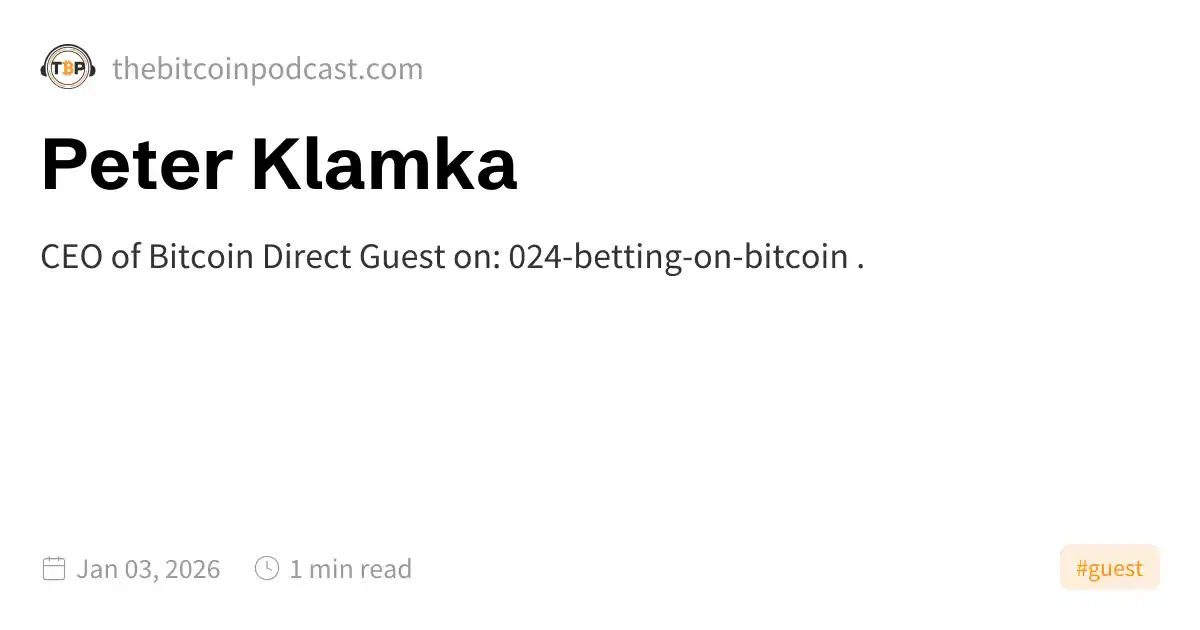OpenBook: How the Solana Community Came Together to Create a Replacement for Serum
The Collapse of FTX and the Solana Ecosystem
The collapse of FTX sent shockwaves throughout the web3 community, including the Solana ecosystem. Although the relationship between FTX and the Solana community wasn’t particularly notable in recent times, FTX was involved in the early days of Solana, largely as the primary developer of Serum.
Serum: A Critical Component of the Solana DeFi Ecosystem
“Think of Serum as a stock market without the centralized exchange of NASDAQ and the NYSE,” said Solana developer Brian Long. “Serum served a critical role in the Solana decentralized finance ecosystem.” Because Serum was one of the first order books built using Solana’s high throughput, it played an outsized role in attracting traditional finance to the ecosystem, added Soju, a contributor to Solend Protocol. “[Serum provided] lots of dependencies from various DeFi protocols.”
The Concerns Surrounding Serum’s Code Ownership
While Serum was technically a DAO, FTX still held the keys to make changes to the code. As the ecosystem watched the collapse unfold in real-time, community members were watching Serum like a hawk. “If the program upgrade keys were compromised, they could be used to change the program and possibly steal user funds,” said Long.
The Community’s Response: Creating OpenBook
Max Shreider of Mango, a large Solana DeFi project, noticed the problem and raised the alarm. The community jumped into action. They forked, or copied the code, from a previous version of Serum to create a brand new, community-owned tool called OpenBook. Soon, Soju said, “other members of the Solana community such as Raydium, Jupiter, and Triton were assisting the Mango team in rapidly deploying a fork of Serum v3.” Volunteers from across the Solana ecosystem stepped into action to create the new community-owned resource, jumping in to help however they could.
The Importance of OpenBook
OpenBook is a testament to the power of community-driven innovation in the Solana ecosystem. By creating a community-owned replacement for Serum, the Solana community has ensured that the decentralized finance ecosystem remains decentralized and secure. OpenBook provides a reliable and transparent platform for traders and investors to participate in the Solana DeFi ecosystem.
Conclusion
The creation of OpenBook is a shining example of the Solana community’s ability to come together in times of need. By working together, the community has created a solution that ensures the continued growth and development of the Solana DeFi ecosystem. OpenBook is a testament to the power of community-driven innovation and a reminder that, together, we can achieve great things.
FAQs
Q: What is OpenBook?
A: OpenBook is a community-owned replacement for Serum, a decentralized finance platform built on the Solana blockchain.
Q: Why was Serum’s code ownership a concern?
A: FTX still held the keys to make changes to the Serum code, which raised concerns about the potential for compromise and user fund theft.
Q: Who created OpenBook?
A: The Solana community, including Mango, Raydium, Jupiter, Triton, and other volunteers, created OpenBook by forking and deploying a fork of Serum v3.
Q: What does OpenBook provide?
A: OpenBook provides a reliable and transparent platform for traders and investors to participate in the Solana DeFi ecosystem.
Q: What does the creation of OpenBook mean for the Solana ecosystem?
A: The creation of OpenBook ensures that the decentralized finance ecosystem remains decentralized and secure, and provides a community-owned alternative to Serum.

